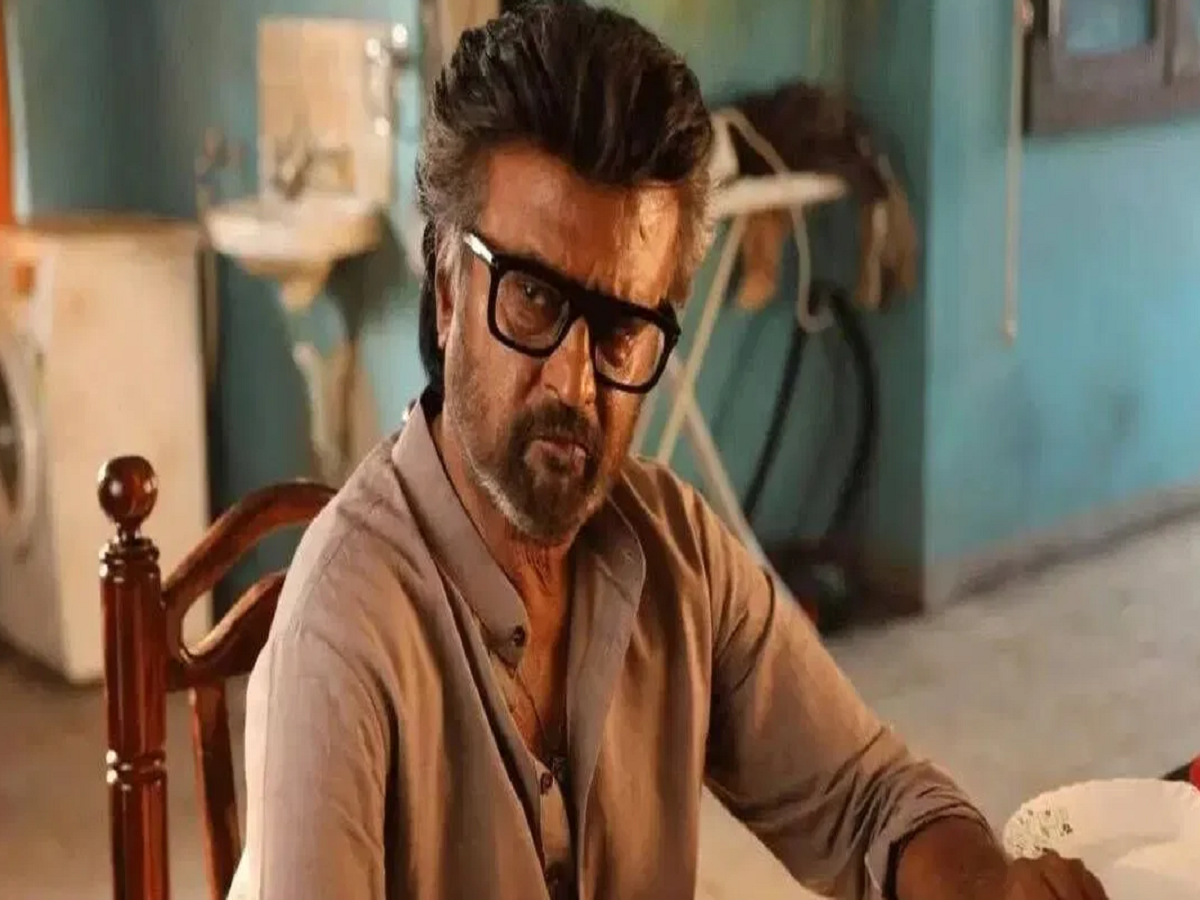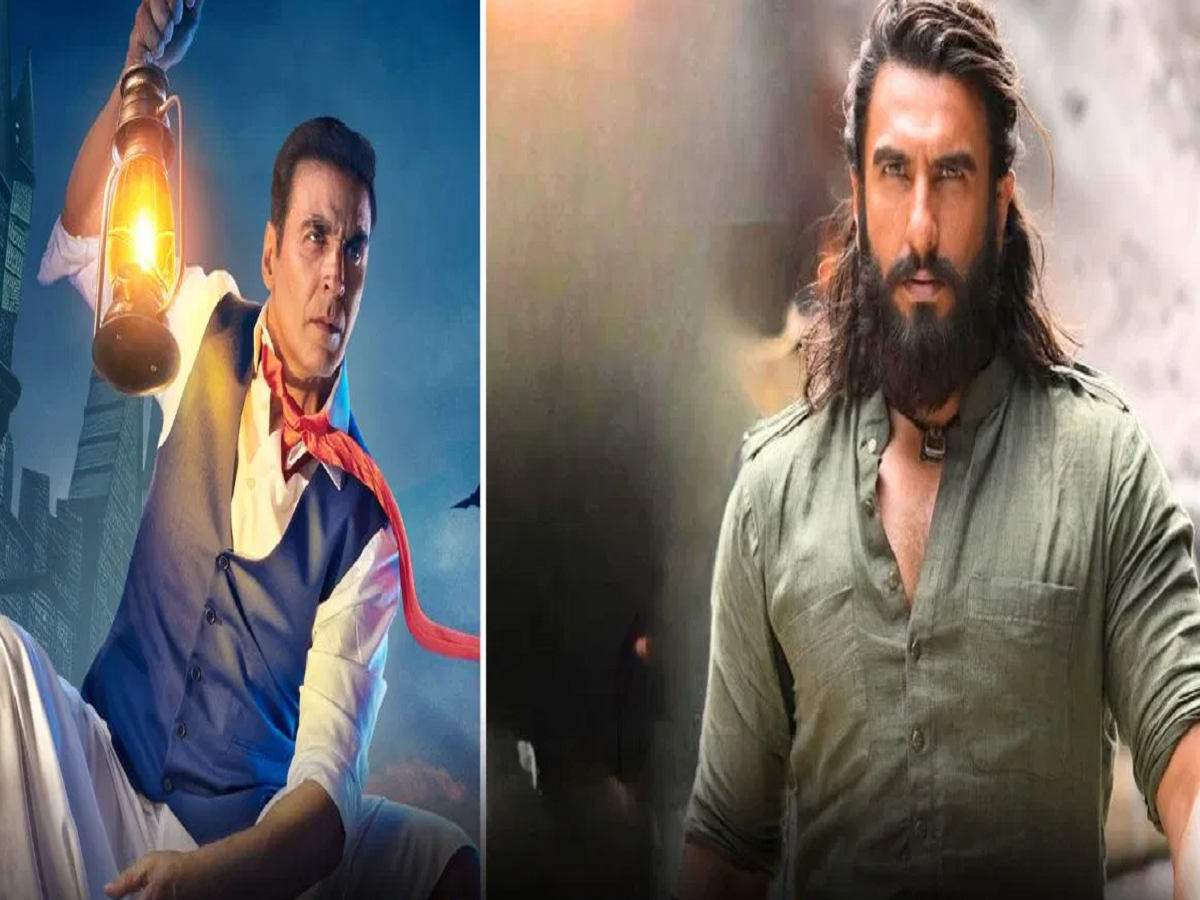From Mythological Goddesses to Glamorous Icons: Meet Muslim Sisters Shafaq and Falak Naaz
- byPranay Jain
- 02 Jun, 2025

In the world of Indian television, actors often step into roles that transcend their real-life identities—be it cultural, religious, or linguistic. Two such striking examples are the talented sisters Shafaq Naaz and Falak Naaz, who have portrayed Hindu goddesses on screen despite coming from a Muslim background. Known for their grace on camera and their bold style off it, these sisters have left a strong impression both in TV serials and real life.
1. From Bigg Boss to Big Roles
Both sisters gained attention as contestants on Bigg Boss OTT Season 2, but their fame didn’t begin there. They’ve been active in the Indian TV industry for years, winning hearts through a range of powerful performances.
2. Falak Naaz: From Mythology to Modern Glam
Falak, the younger of the two, has been a consistent presence on television for over 12 years. She’s known for her roles in mythological dramas such as Siya Ke Ram Luv Kush, where she played Devaki, and Mahakali – Anth Hi Aarambh Hai. She also portrayed Goddess Saraswati, a role that earned her wide admiration.
Off-screen, Falak embraces a completely different persona—modern, stylish, and confidently glamorous. Her social media is full of bold and fashionable looks that contrast sharply with her traditional roles.
3. Shafaq Naaz: The Graceful Goddess and Fierce Fashionista
Shafaq, the elder sister, rose to household fame with her powerful portrayal of Kunti in the epic TV series Mahabharat. She also played Vrinda in Mahakali – Anth Hi Aarambh Hai.
But beyond the screen, Shafaq’s vibrant personality shines through. Whether she’s soaking up the sun in a poolside photo or trekking through the mountains, her Instagram feed showcases her adventurous and glamorous side. She’s known for her confident style and elegance—qualities that make her stand out both on and off camera.
4. Breaking Stereotypes with Talent
What makes these sisters truly stand out is how they’ve balanced tradition and modernity—taking on roles rooted in Hindu mythology while living confidently in their own identities. Their success is a testament to their talent, hard work, and the evolving space of Indian television, where performance matters more than background.






